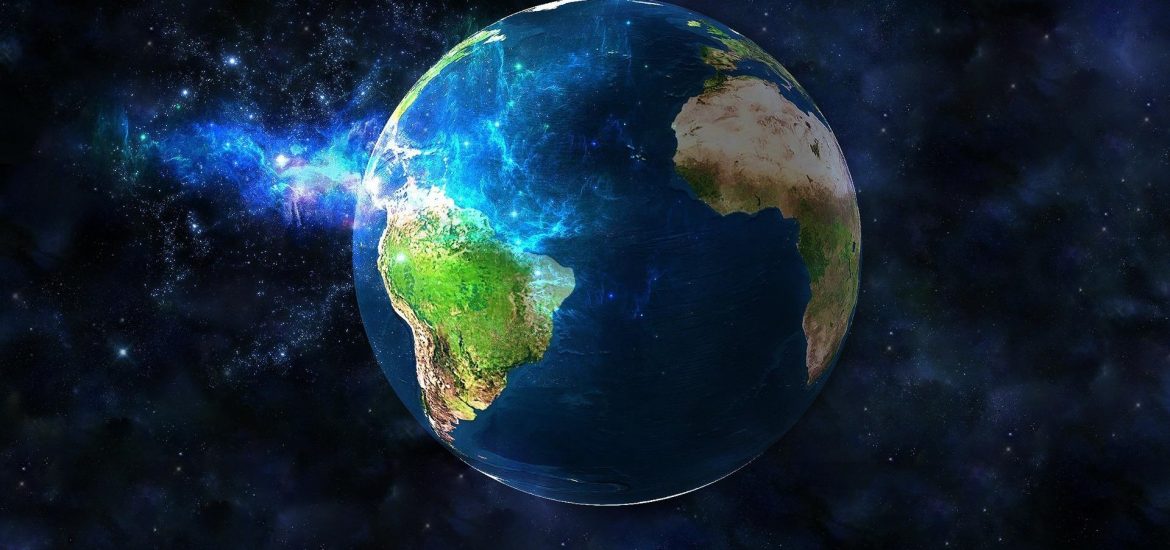Born after the landmark symposium of Sakyadhita Spain’s 2nd International Symposium of Spanish-Speaking Buddhist Women (“Dharma-Gaia: Buddhism, Women, and the Climate Crisis”), the Dharma-Gaia organization arose as an idea among Sakyadhita’s management that there should be a network of environmental feminism that could intersect with the Buddhist community. This group of “Buddhist eco-feminists” is an intersectional one that does not look at problems of environmental degradation or social injustice in isolation. In both nature and Buddhism, all things are interconnected, even if they seem to have nothing to do with each other.
Closely tied to eco-Buddhism, especially when it comes to Sakyadhita, is feminism, or eco-feminism. While ecofeminism might have emerged as early as the 1970s (coined by Françoise d’Eaubonne in Le Féminisme ou la Mort (1974)), the movement has grown, broadened, and diversified, and now the increasing input of voices from the Global South are filling a major gap in its previous epistemology, uniting the spiritual-mystical with more grounded materialist understandings: in particular, social justice causes like anti-imperialism, gender equality, and LGBTQ rights.
All these causes are brought together and analyzed through a combined meta-discourse of Buddhist metaphysics and a Gaia-centric ethic. This network of Buddhist, environmental feminism took over a year to build with the vital assistance of BDE’s editor, Daniel Millet. It has been active since 2021. Accordingly, BDE, with the input of Dharma-Gaia members and the contributions of many other specialists, are putting together a special edition called «Budismo, ecología y cambio climático». You can read about the objectives and content of this special issue in his special introductory editor’s note (in Spanish).
In this BDE highlights post, I wish to spotlight three figures who not only have shared their immense intellectual resources with our website, but are active members of Dharma-Gaia: Daniel Turon, María Elvira Ríos, and Jordi Solé Ollé. Daniel Turon was a member of the Catalan-based Coordinadora Catalana d’Entitats Budistes (CCEB) and part of the interreligious sustainability group UNESCO-AUDIR. He is also a practitioner and facilitator of Joanna Macy’s deep ecology workshops and co-translator of her recent book Active Hope. He is one of the most active emerging figures in the eco-Buddhist-feminist sphere, alongside Chile-based María Elvira Ríos. Dr. Rios is an active contributor to BDE and does not only specialize in China studies, but is focused on uniting theory and praxis in eco-Buddhist methodology. Look no further than her upcoming talk later tonight at 19:00 CET, De la interpretación doctrinaria a la experiencia: ¿Cómo dialogamos con las plantas?, in which she will discuss how interpretations about the doctrinal conception of plants as sentient beings in East Asia can help us enter into a unique dialogue with the world of flora and their essential place in the planet’s biosphere. Join with the following Zoom details (Meeting ID: 886 8281 5246 and Access Code: 552333).
Dr. Rios has also written an article on understanding eco-wisdom through the experience of ganying: Una interpretación ecosófica de la experiencia budista de ganying (感應), or gratitude.
Finally, Jordi Solé Ollé is an erudite and veteran researcher in the fields of climate, ecology, and energy. His feature piece, Crisis sistémica global y budismo: hacia un cambio de paradigma, in which he examines how Buddhism equips scientists, activists, writers, and anyone concerned about our deteriorating global environment with useful tools for our “inner worlds” and navigating the climate crisis with a holistic and integrating vision. An English version of his in-depth feature is online on BDG, translated as Global Systemic Crisis and Buddhism: Toward a Change of Paradigm.
In my last post, I mentioned that there are overlaps between Anglophone and Hispanophone Buddhism even as there are divergent priorities and issues. Eco-Buddhism is one such overlap. Once confined to green interpretations of Engaged Buddhism, or perhaps not taken seriously by “traditional” Buddhist Studies scholars, the present state of the planet and the dire situation humanity has created for itself has led Buddhist leaders, scholars, and practitioners to an urgent re-evaluation of eco-Buddhism. Now is the time to transform the planet, just as the Dharma promises to transform our minds: from a polluted field of dirt into a Buddha-field. From an uninhabitable wasteland for our grandchildren to a sustainable, nature-led world.
See more
GRUPO DE INVESTIGACIÓN DHARMA-GAIA (Sakyadhita Spain)


